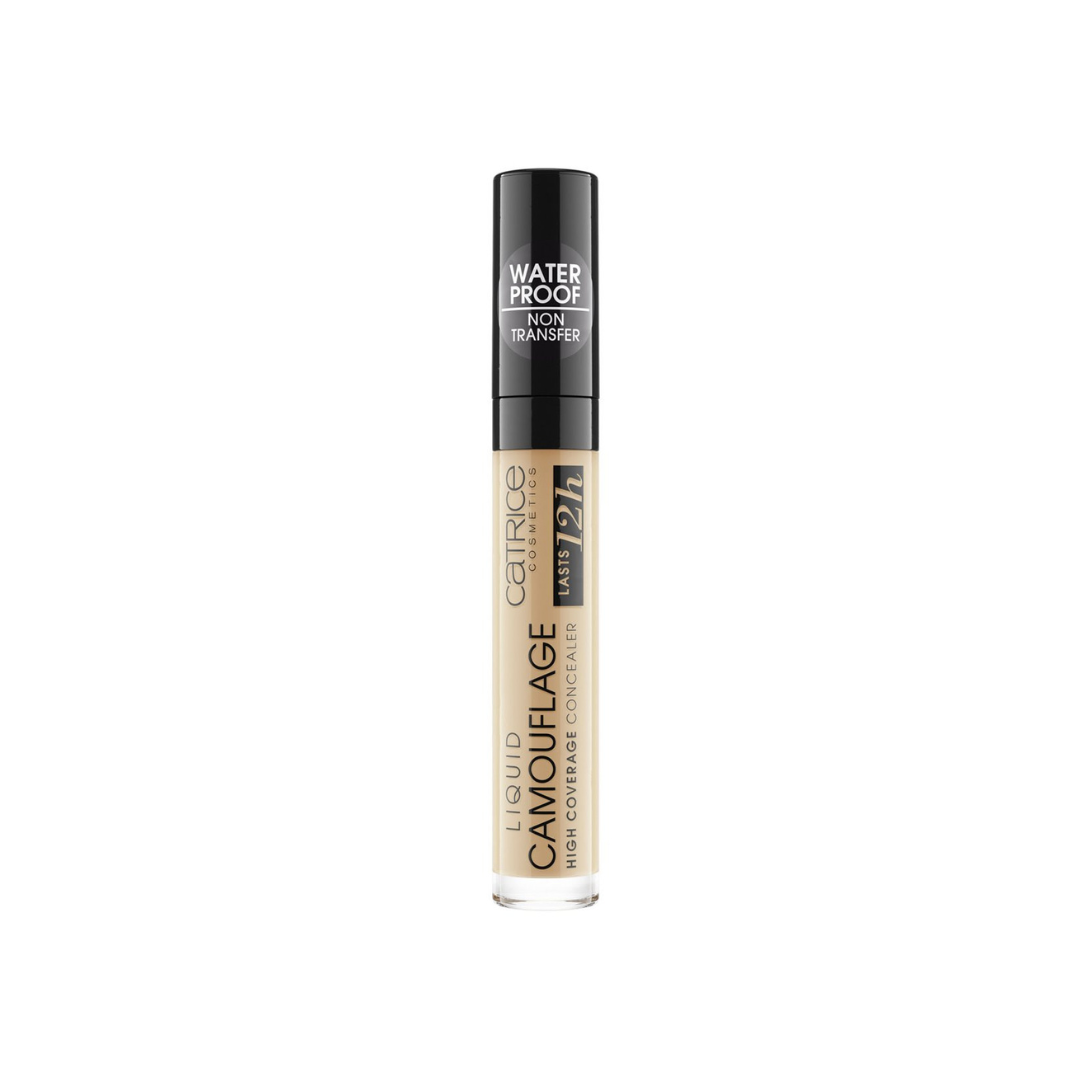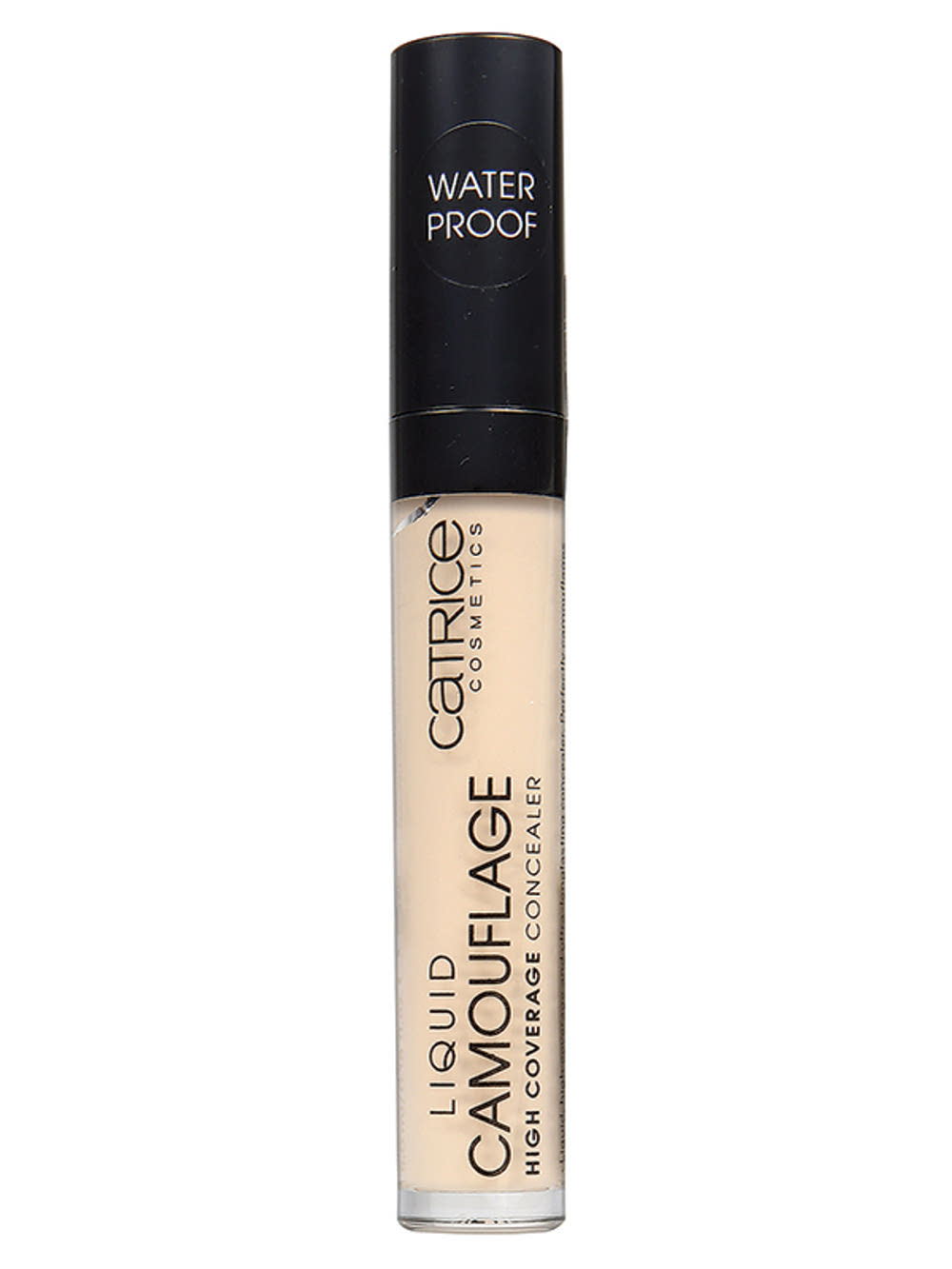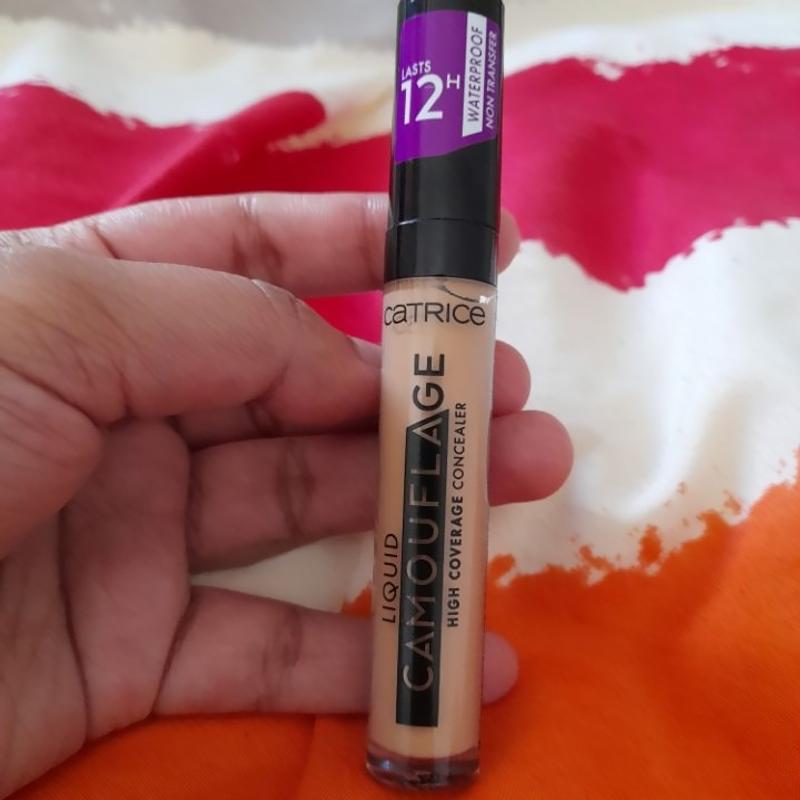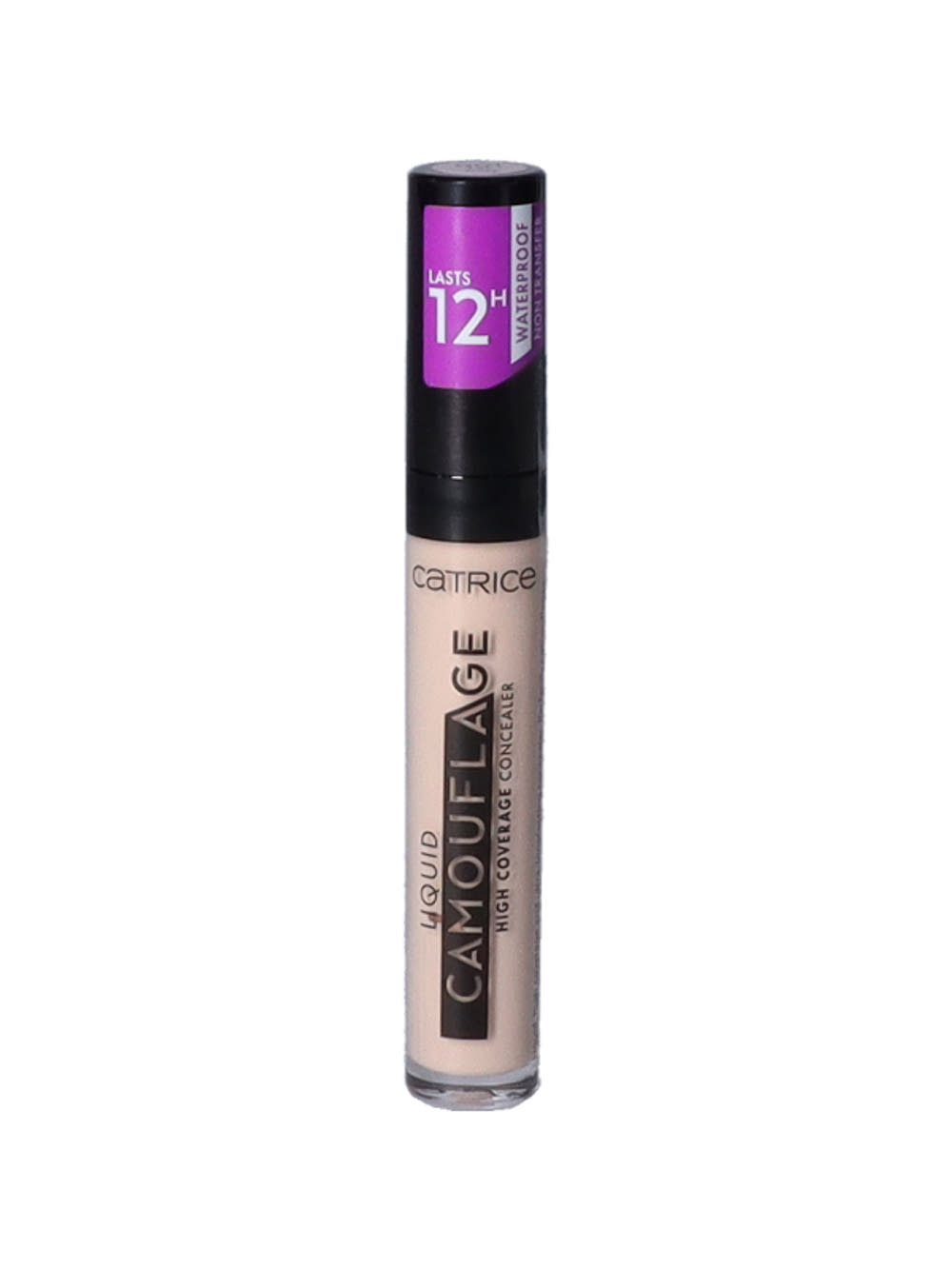
Test - Concealer / Abdeckstift - Catrice Liquid Camouflage (High Coverage Concealer), Farbe: 010 Porcellain - Pinkmelon

It's Official: This $13 Foundation Is the Absolute Best for Oily Skin | Best drugstore foundation, Foundation for oily skin, Catrice

Amazon.com : Catrice Liquid Camouflage Concealer (005 Light Natural) - Ultra Long Lasting Concealer for Optimal Coverage : Beauty & Personal Care






















